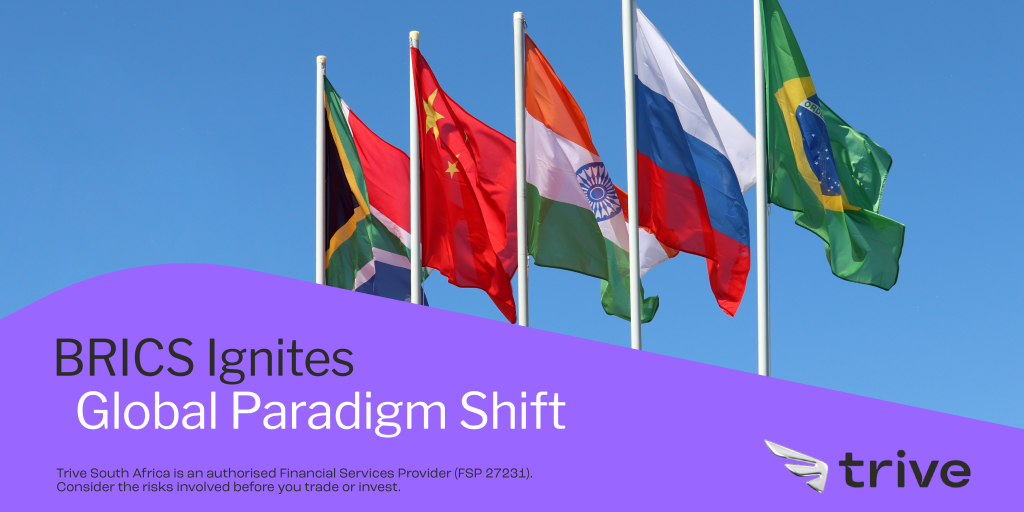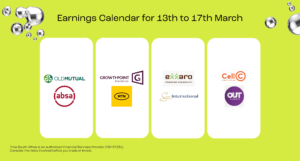
In a momentous stride toward reshaping a world order deemed archaic, the coalition of developing nations known as BRICS took a historic leap on 24 August 2023. With a collective nod of approval, they welcomed a dynamic assembly of nations into their fold, namely Saudi Arabia, Iran, Ethiopia, Egypt, Argentina, and the United Arab Emirates (UAE). This strategic move is a vigorous push to accelerate the transformation of the global landscape.
In a resounding demonstration of unity and vision, BRICS leaders, convening for their 15th summit in Johannesburg, South Africa, boldly endorsed an expansion that unveils the organisation’s first enlargement in over a decade. As the doors to inclusion were swung open, an undertone of promise resonated across the international stage. The confluence of aspirations from numerous nations eager to partake in the group’s ambitions emphasises the magnetic appeal of BRICS’ potential to level the uneven global playing field.
The infusion of Saudi Arabia, Iran, Ethiopia, Egypt, Argentina, and the UAE amplifies the economic might of BRICS, an alliance already fortified by the presence of China, the world’s second-largest economy, Brazil, Russia, India, and South Africa. The kaleidoscope of economic prowess now at play could herald an era where BRICS assumes the mantle of a champion for the Global South.
However, this stride toward collective empowerment has its complexities. An undercurrent of historical tensions may persist within the ranks, fueling a duality between those championing the establishment of an influential counterbalance to Western powers, particularly China, Russia, and now Iran, and those who maintain steadfast bonds with the United States and Europe. While ushering in six new members enhances BRICS’ mission to recalibrate the global economic and political equilibrium, it also unfurls its intricacies. The admission of fresh stakeholders has the potential to import new frictions, with the inclusion of Iran, for example, holding the potential to strain relations with the United States and its Western counterparts.
With the decisive proclamation made amidst the glittering backdrop of Johannesburg’s summit, the leaders of BRICS unveiled their intention to fully integrate Saudi Arabia, Iran, Ethiopia, Egypt, Argentina, and the UAE as of 1 January 2024. As a testament to the international fervour of BRICS, twenty-two nations formally expressed their desire to join the fold. The meticulous deliberations over membership, an intricate process involving trade-offs and considerations, briefly postponed the release of the summit’s official declaration and the announcement of the new entrants.
The consensus emerged that expanding BRICS from a quintet of nations to an ensemble of eleven augments its influence on the global stage. The enthusiasm was palpable, and Brazilian President Luiz Inácio Lula da Silva hailed the six newcomers as catalysts for bolstering the collective GDP of the BRICS economies, propelling them to embrace 46% of the world’s population. President Lula da Silva deftly brushed aside any concerns regarding unwieldiness, who envisioned the expanded membership as a wellspring of ingenious solutions to the world’s multifaceted challenges.
Anil Sooklal, South Africa’s adept diplomat steering BRICS, shared insight into the rationale behind including three oil-rich nations: Iran, Saudi Arabia, and the UAE. He asserted that their presence ushers in an unrepresented segment of the global economy, thereby solidifying the alliance’s stature. Li Kexin, the Chinese director-general of international economic affairs, chimed in, dismissing notions of BRICS as an anti-Western alliance and asserting that this expansion doesn’t alter that identity.
With unwavering conviction, South African President Cyril Ramaphosa declared that BRICS was embarking upon a new chapter, an endeavour to foster a world characterised by fairness, justice, inclusivity, and prosperity.
Sources: Bloomberg, CNN, Daily Maverick, Reuters
Disclaimer: Trive South Africa (Pty) Ltd, Registration number 2005/011130/07, and an Authorised Financial Services Provider in terms of the Financial Advisory and Intermediary Services Act 2002 (FSP No. 27231). Any analysis/data/opinion contained herein are for informational purposes only and should not be considered advice or a recommendation to invest in any security. The content herein was created using proprietary strategies based on parameters that may include price, time, economic events, liquidity, risk, and macro and cyclical analysis. Securities involve a degree of risk and are volatile instruments. Market and economic conditions are subject to sudden change, which may have a material impact on the outcome of financial instruments and may not be suitable for all investors. When trading or investing in securities or alternative products, the value of the product can increase or decrease meaning your investment can increase or decrease in value. Past performance is not an indication of future performance. Trive South Africa (Pty) Ltd, and its employees assume no liability for any loss or damage (direct, indirect, consequential, or inconsequential) that may be suffered from using or relying on the information contained herein. Please consider the risks involved before you trade or invest.




